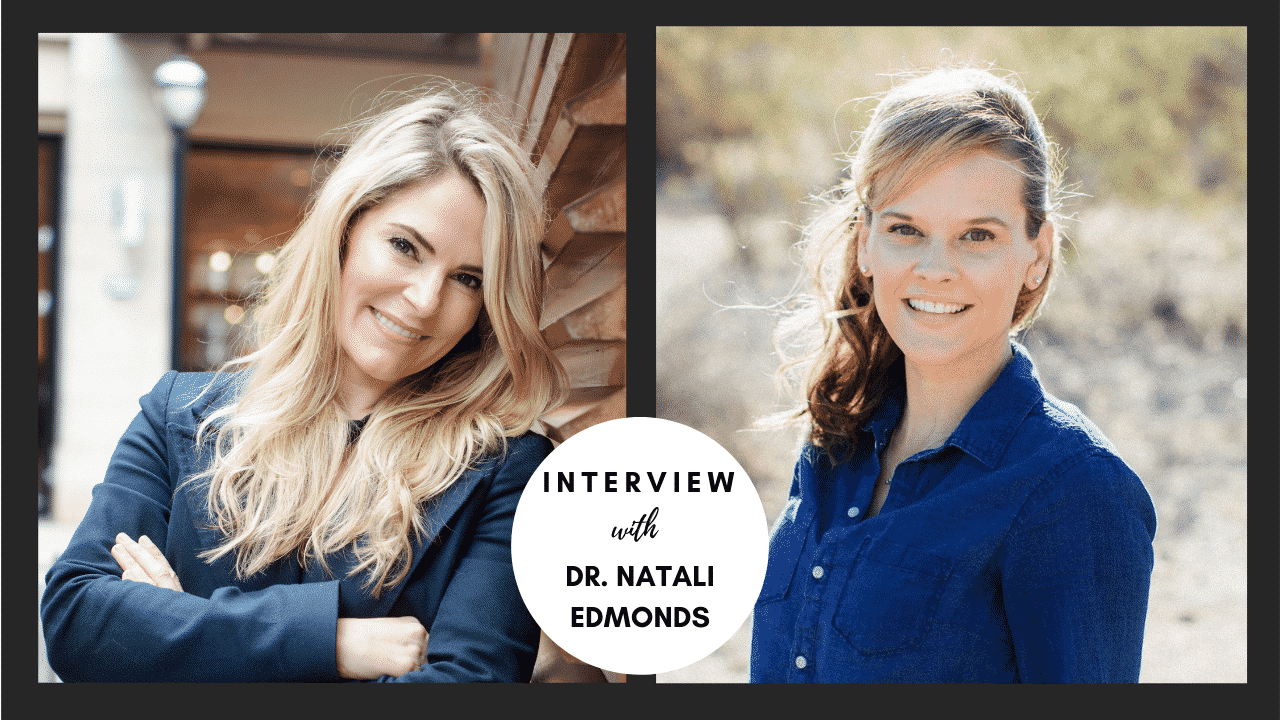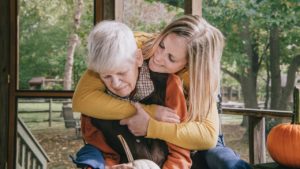When you care for a loved one with dementia, chances are you have years of experience with this person and are used to communicating with them in a particular way. Dementia changes the way a person thinks, processes information, and understands the information you’re sharing, so the way that you communicate with your loved one also needs to change in partnership with the changes in the brain.
Learning how to communicate with a person with dementia takes practice. It’s like learning a new language. Thankfully there are experts in dementia communication, like Dr. Natali Edmonds, who can help us develop skills in learning effective dementia communication strategies.
In today’s interview, Dr. Natali Edmonds, Geropsychologist and founder of Dementia Careblazers, talks about 3 caregiving communication traps to avoid and shares a very important message to dementia caregivers.
The tips in this episode will not only help you improve your communication with a person with dementia, they’ll improve your connection with them as well.
Here’s a sneak peek at what you’ll learn from my interview with Dr. Natali Edmonds
- [03:51] Dr. Natali shares how she got started working with dementia caregivers and the scary situation that drove her to launch her award winning YouTube Channel, Dementia Careblazers.
- [09:26] Learn how dementia changes communication between a dementia caregiver and a person living with dementia.
- [09:40] Caregiving Trap #1: Don’t Argue. Dr. Natali shares why arguing with a person with dementia leads to more problems and what to try instead.
- [19:00] Caregiving Trap #2: Avoid Reasoning. Instead of reasoning and trying to get your loved one to see your point of view or “reality” try to join your loved one’s reality. Learn how.
- [27:20] Caregiving Trap #3: Stop Correcting. Adults with dementia will need help along the dementia journey. Taking the time to assess if your loved one really needs your help or if this “error” can slide will protect your relationship (and their dignity) for years to come.
- [30:10] Listen to the number one, most important message Dr. Natali wants all dementia caregivers to hear
About Dr. Natali Edmonds





